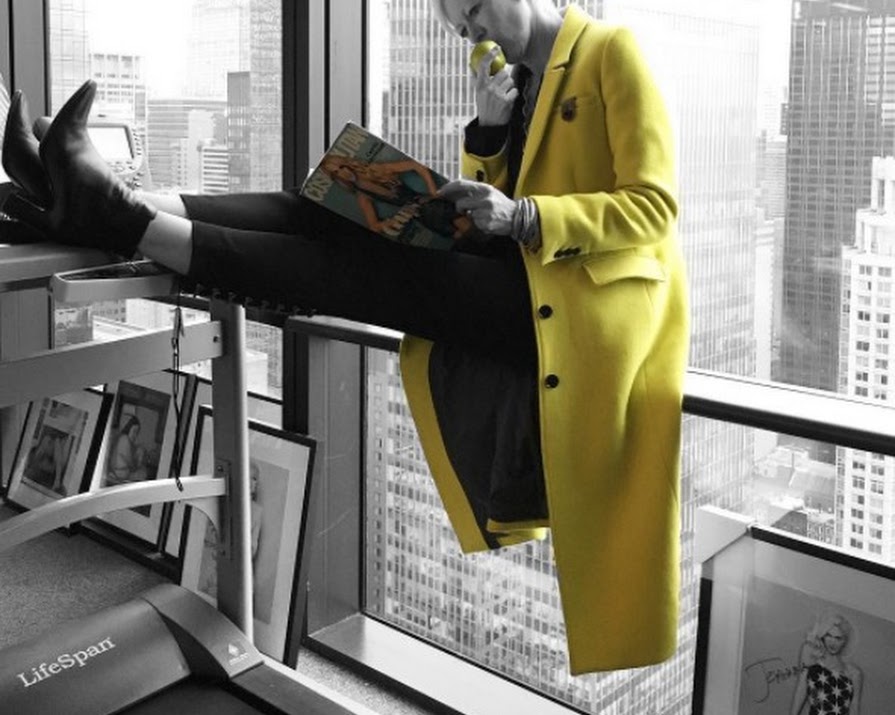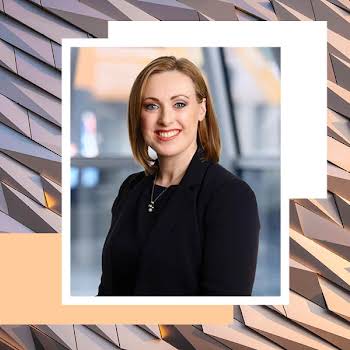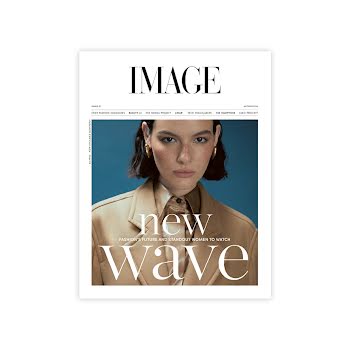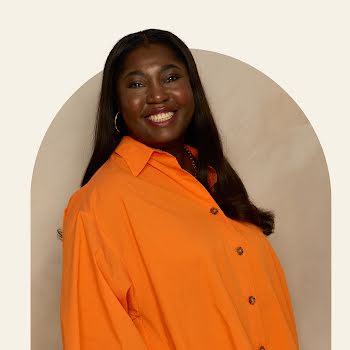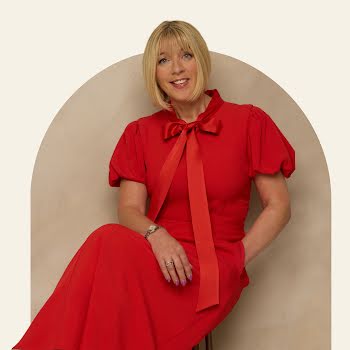Snapchat’s Only Female Board Member Earns Ten Times Less Than Its Male Directors
By Holly O'Neill
07th Feb 2017
07th Feb 2017
A new IPO filing has shown that Snapchat’s only female board member and the chief content officer at Heart Magazines, Joanna Coles, earns 10 times less than it’s paid male directors.
There are nine board members at Snapchat, who are all male with the exception of Coles. Five of those are paid, with Coles being by far the least paid, with also the lowest number of shares in Snapchat among board members.
Fortune is reporting that last year, Coles earned $110,866, where the next lowest paid director earned?nearly $1.1 million.?G100 Companies CEO Scott Miller and Intel Security Group senior vice president Christopher Young only started in October, and each received nearly $1.1 million in 2016.
Last year, A.G. Lafley (former P&G chairman and Snapchat’s highest paid director) received?162,762 shares worth about $2.5 million. Coles received?7,488 shares.
The report has also shown that Snapchat had a 600% growth rate in 2016. Snap Inc., the parent company of Snapchat, has said that when it?goes public, it plans to create a new pay policy in which all board members will be eligible to earn compensation. The IPO filing did not specify how much they will make.
A recent Redfin report has shown that 80 percent of members at the 100 technology companies to most recently file for an IPO were male, leaving 20 percent of board seats to women.?Another?recent study?has revealed that beyond the boardroom, women in a variety of managerial roles make about 17 percent less than their male peers.
IMAGE spoke to the National Women’s Council of Ireland? to see where Ireland sits in terms of the gender pay gap. The NWCI say that in recent years, Ireland’s Gender Pay Gap has widened from 12.6% to 14.4% while the Gender Pension Gap has widened from 35 to 37%.?ESRI research has shown that women in couples suffered a 14% loss in income during the recession compared to 9% for men. This is due to many reasons according to NWCI – women do the majority of care work, childcare costs are among the highest in Europe and the majority of low-paid workers are women, earning €20,000 a year or less. Already vulnerable groups have suffered some of the worst impacts with 58% of lone parents, mostly women, experiencing deprivation.
A report last month on the EU gender pay gap from Expert Market has shown that Irish gender pay gap won’t close until 2028. The UK, Germany and France are among the slowest nations to close the gender pay gap. The Republic of Ireland finished 11th out of 26 nations.
A report by the World Economic Forum has also shown that it could take 170 years, until 2186, to globally eradicate the gender pay gap and the disparity in employment and pay opportunities for men and women. The study also shows that over the past 11 years, the gender pay gap has only closed by four percentage points.











